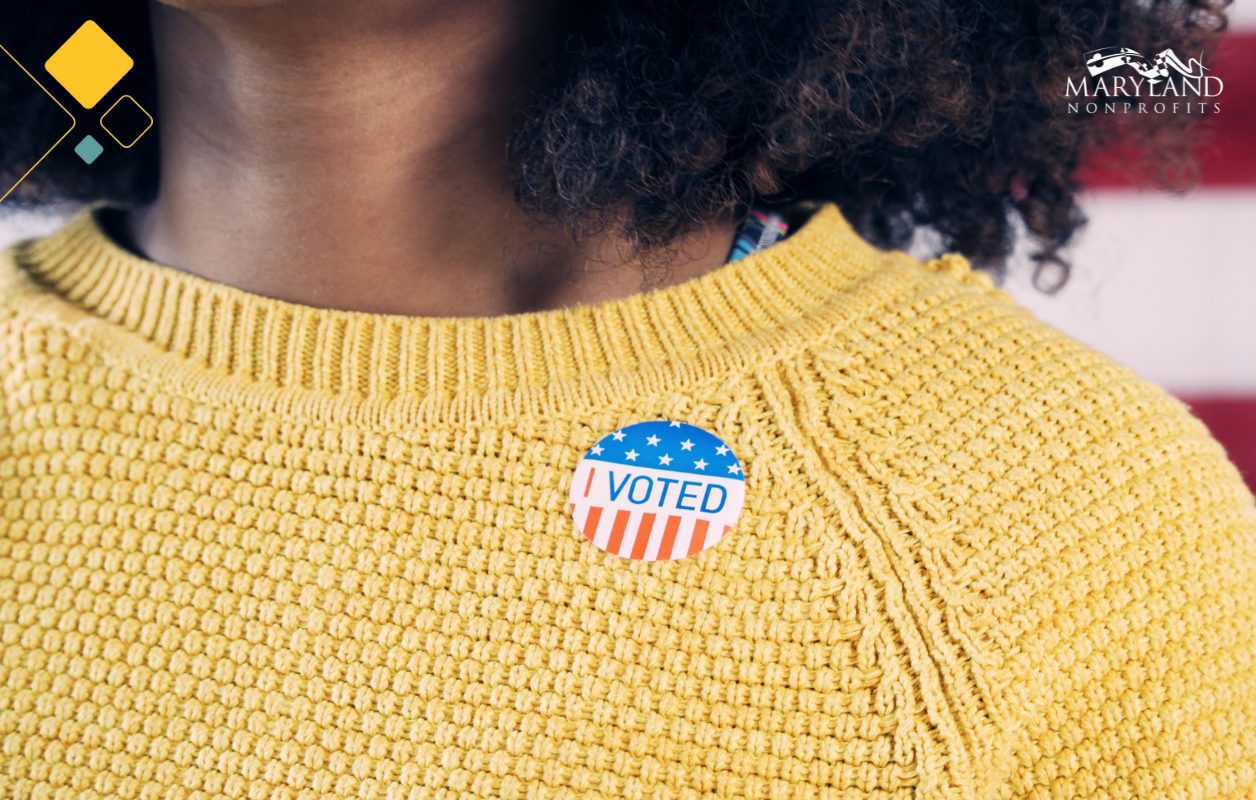Empower Your Community: Unleashing the Power of Nonprofits in Voter Engagement for 2024

In a time where civic participation is crucial, nonprofit organizations play a pivotal role in fostering voter engagement and ensuring all voices are heard. Nonprofit VOTE is the leading provider of nonpartisan resources to help nonprofits integrate voter engagement into their ongoing activities and services. Let’s delve into the key takeaways from their webinar, “Getting a Head Start on Planning Your Voter Engagement for 2024” and explore how nonprofits can effectively drive voter turnout while adhering to legal and ethical guidelines.
The Power of Nonprofit Voter Engagement:
Voter engagement initiatives by nonprofit organizations have proven to be highly effective. According to Nonprofit VOTE, individuals engaged by nonprofits were 7% more likely to vote than comparable voters. This underscores the significant impact nonprofits can have in mobilizing communities to participate in the democratic process. Nonprofits possess several advantages in voter engagement, including proximity to the communities they serve, trusted relationships, and a commitment to the common good.
Early Planning and Strategic Approach:
One crucial piece of advice emphasized in the webinar is to start the planning process as early as possible. Setting clear goals aligned with the organization’s mission and strategic plan is essential. This includes assessing organizational capacity and commitment. Nonprofits should consider leveraging existing touchpoints with clients and constituents to provide voter registration information and promote engagement. Initiatives such as “Time Off to Vote” can be effective starting points to cultivate a culture of civic participation within the organization. We practice this in-house, by allowing Maryland Nonprofits’ staff Paid time off to vote!
Legal Compliance and Nonpartisanship:
Ensuring compliance with election laws and maintaining nonpartisanship are paramount for nonprofit organizations. It is imperative to familiarize oneself with state-specific regulations and seek legal counsel when necessary. Rigorous adherence to nonpartisanship safeguards the organization’s status and credibility while avoiding legal pitfalls. However, don’t let that stop you from sharing voting resources! According to Independent Sector, among nonprofits that advocate, 1 in 5 provide people with nonpartisan voter information. To truly serve our communities, we must remain a trusted source of objective information, especially during an election. Given recent changes in election laws across many states, staying informed and updated is crucial. For more information on what activities are permissible for nonprofits, read this political activity legal alert from the DC Bar Pro Bono Center.
Inclusive Electorate and Community Representation:
A key theme emphasized in the webinar is the importance of fostering an inclusive electorate. Nonprofits must prioritize amplifying the voices of historically marginalized communities, particularly communities of color. Addressing systemic barriers to participation and advocating for equitable policies is essential for building a truly representative democracy. Down-ballot races should not be overlooked, as they play a significant role in shaping local governance and policies.
Addressing Disparities in Voter Engagement:
While new election rules may contribute to disparities in voter engagement, longstanding issues rooted in socio-economic factors also play a significant role. Nonprofits must actively address barriers faced by vulnerable populations, including unhoused individuals, voters with disabilities, and returning citizens. Resources provided by organizations such as Nonprofit VOTE, the Campus Vote Project, and the National Disability Rights Network offer valuable guidance in this regard.
Navigating Challenges Amidst COVID-19:
Lastly, the webinar underscored the importance of prioritizing safety and health amidst the ongoing COVID-19 pandemic. Nonprofits should implement measures such as providing PPE, maintaining hygiene protocols, and adapting engagement strategies to ensure the well-being of staff and participants.
In conclusion, nonprofit organizations hold immense potential to drive voter engagement and foster a more inclusive democracy. By adopting a strategic approach, adhering to legal guidelines, and prioritizing community representation, nonprofits can play a vital role in shaping the outcome of the 2024 elections and beyond. Let us continue to work together towards building a more equitable and participatory society.
Stay engaged, stay informed, and let’s make a difference together in the upcoming election cycle!

